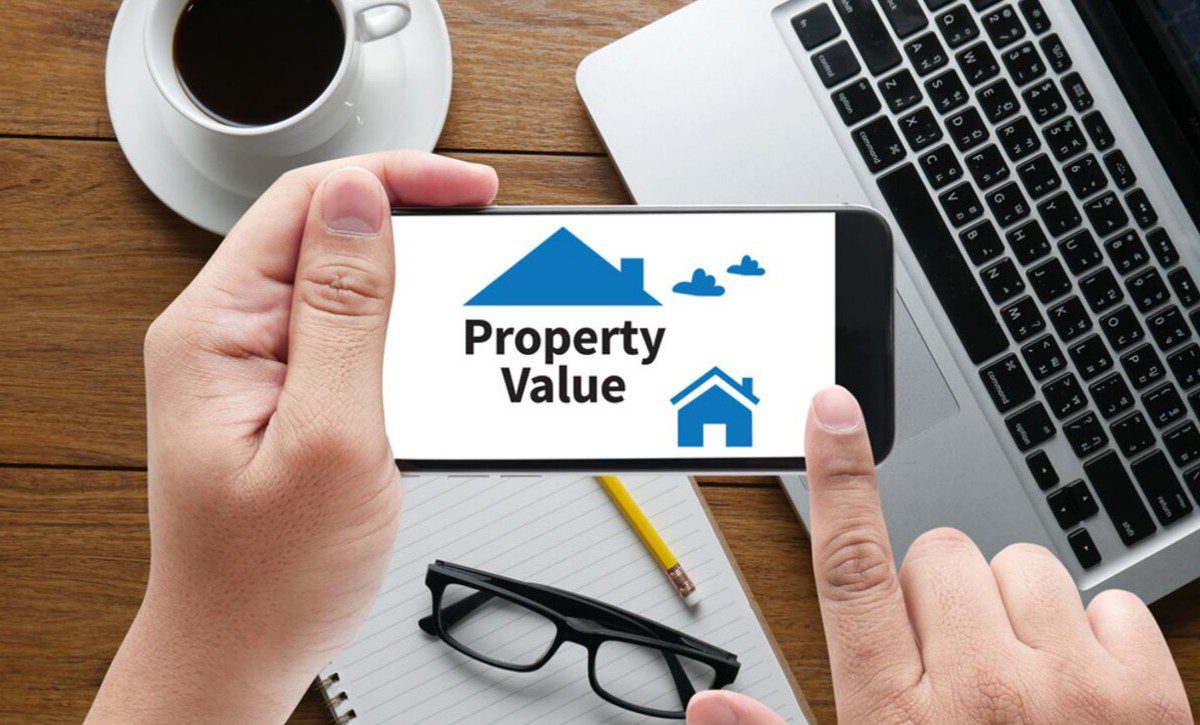Property Valuation: A Complete Guide to Knowing Your Home’s Worth
Property valuation is one of the most crucial steps in the real estate process. Whether you are planning to sell your house, purchase a new property, or invest in real estate, knowing the true value of a property helps you make informed decisions. Yet, many homeowners and investors often overlook its importance until it’s too late. This guide will walk you through everything you need to know about this subject, why it matters, and how you can ensure accuracy when assessing your property’s worth.

What is Property Valuation?
This is the process of determining the current market value of a property. It takes into account various factors such as location, size, condition, demand, and market trends. Unlike a random estimate, valuation is a professional assessment that gives buyers and sellers confidence in pricing and negotiations.
Why Property Valuation Matters
1. Helps Sellers Set the Right Price
Setting a price too high can scare off buyers, while undervaluing your home means losing money. Property valuation ensures your asking price is competitive and realistic.
2. Guides Buyers to Fair Deals
Buyers rely on property valuation to avoid overpaying. It provides a clear picture of whether a listed price matches the property’s true worth.
3. Essential for Mortgage and Loans
Banks and financial institutions require accurate valuations before approving loans, as properties often serve as collateral.
4. Useful for Investments
Investors use valuation reports to measure risk and predict potential returns on a property before making commitments.
Key Factors Influencing Property Valuation
1. Location
Properties in prime areas with access to schools, hospitals, transport, and shopping centers usually hold higher value.
2. Property Size and Features
Larger homes with modern amenities, more bedrooms, or unique features command higher valuations.
3. Condition of the Property
Newly renovated properties or those in excellent condition tend to attract higher prices compared to those requiring repairs.
4. Market Trends
The real estate market is dynamic. Demand and supply in a given area can significantly impact a property’s valuation.
5. Comparable Sales
Valuers often consider recent sales of similar properties in the neighborhood as benchmarks.
How Property Valuation is Done
Professional valuers typically use these methods:
- Comparative Market Analysis (CMA): Comparing similar properties sold recently.
- Income Approach: Used for rental properties, where value is based on potential income.
- Cost Approach: Calculating how much it would cost to rebuild the property, minus depreciation.
Tips to Increase Your Property’s Value
1. Upgrade kitchens and bathrooms.
2. Improve curb appeal with landscaping.
3. Maintain and repair structural damages.
4. Invest in energy-efficient features.
5. Keep interiors modern and well-maintained.
These simple steps can boost your property valuation significantly and attract more potential buyers.
Common Mistakes in Property Valuation
- Relying solely on online calculators.
- Ignoring professional appraisers.
- Overestimating due to sentimental value.
- Failing to update the property before valuation.
Avoiding these mistakes ensures you get a realistic valuation and better deals in the market.
Frequently Asked Questions
1. How often should I get a property valuation?
It’s recommended to get a valuation every 1–2 years or before major financial decisions like selling or refinancing.
2. Can I do property valuation myself?
While online tools can give rough estimates, professional valuers provide accurate, unbiased assessments.
3. Does renovation always increase property valuation?
Not always. Minor cosmetic changes may not significantly raise value, but major upgrades in kitchens, bathrooms, and energy efficiency can.
4. How long does a property valuation take?
It usually takes a few hours to a couple of days, depending on the property size and complexity.
5. What documents are needed for property valuation?
Ownership documents, building plans, tax receipts, and details of upgrades are usually required.
Conclusion
Property valuation is not just a formality, it’s a financial safeguard. Whether you’re a buyer, seller, or investor, understanding the true worth of a property empowers you to make smarter real estate decisions. By considering factors like location, market trends, and property condition, you can ensure accuracy and maximize returns. Don’t leave it to guesswork, get a professional property valuation today and secure your financial future.
